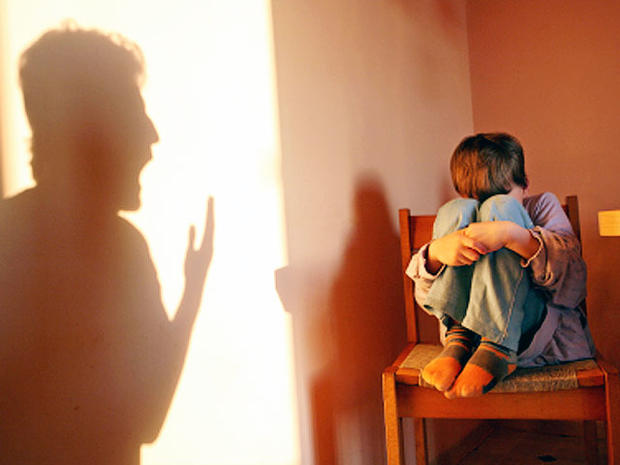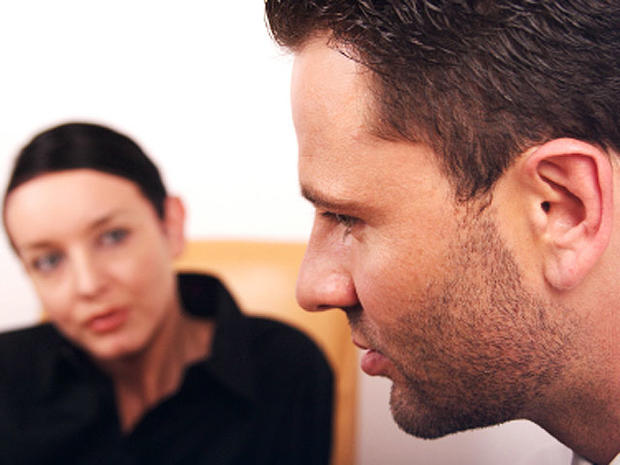Borderline personality disorder: 8 dangerous myths
What's borderline personality disorder? That question has been on a lot of people's minds ever since Miami Dolphins star Brandon Marshall announced that he had the disorder.
"I'll be the face of BPD," Marshall told the Florida Sun Sentinel. "I'll make myself vulnerable if it saves someone's life because I know what I went through this summer helped save mine."
And it's a good thing too because there are so many misconceptions about this common disorder. What's the real scoop about the disorder that causes its sufferers to experience intense emotions and lash out at others? Keep clicking as Dr. Shari Manning, author of "Loving Someone with Borderline Personality Disorder," helps CBS News bust 8 common myths about BPD...
Myth: Borderline personality disorder is rare
"BPD is much more common than most people think," says Dr. Manning. It affects approximately 2 percent of the general population - or one out of 50 people.
Myth: Bad parenting is to blame for BPD
It's a common misconception that all people with BPD grew up with abusive and emotionally distant parents. BPD is believed to be a result of both nature and nurture.
Although BPD is often linked to childhood abuse, some people with BPD come from perfectly functional families that were ill-equipped at teaching the extremely emotional child how to manage emotional sensitivity.
Myth: People with BPD don't know how to love
People with BPD have difficulty controlling their emotions - but that doesn't mean they don't feel them. Dr. Manning says people with BPD have a tremendous capacity for love and are often compassionate and caring towards humans and pets.
While it can be exhausting and exasperating at times, it's entirely possible to have a lasting, loving relationship with someone who suffers from BPD. Dr. Manning says there are several strategies you can use if your partner has BPD. It helps to keep your own emotions in check when the person with BPD is acting emotional. So does acknowledging their emotions by saying things like "I can see that this must hurt a lot" rather than dismissing them.
Myth: BPD only affects women
More people diagnosed with BPD are women- about 70 percent - but plenty of men suffer from the disorder. Researchers believe that BPD is underdiagnosed in men.
Myth: People with BPD are unbearable
It may seem like people with BPD are doomed to careen from one crisis to another. But Dr. Manning says they can learn problem-solving, emotion-management strategies that can help them gain control of their emotions and lead happy productive lives.
Myth: People with BPD can't take care of themselves
Even though BPD is a serious illness, sufferers don't need to spend their lives in and out of psychiatric hospitals. Many people with BPD have families, friends, and jobs once they learn how to regulate their emotions.
Myth: People with BPD don't really want to kill themselves
It's a sad misconception that people with BPD only attempt suicide to get attention. In reality around 10 percent of people with BPD die by suicide, says Dr. Manning.
Some people with BPD also harm themselves by cutting, burning, or scratching. People often self-harm to provide relief for their intense emotions without intending to die.
Myth: There are no treatments for BPD
There are several treatment options for borderline personality disorder. The most effective is called dialectical behavior therapy. It's a form of psychotherapy that lets people with BPD learn new behavioral skills to help them manage their emotions, relationships, and stress through problem solving strategies.
Dr. Manning says, "It's a misconception that people with BPD will never get better."








